Keeping track of a slippery customer
Published in Chemistry and Microbiology
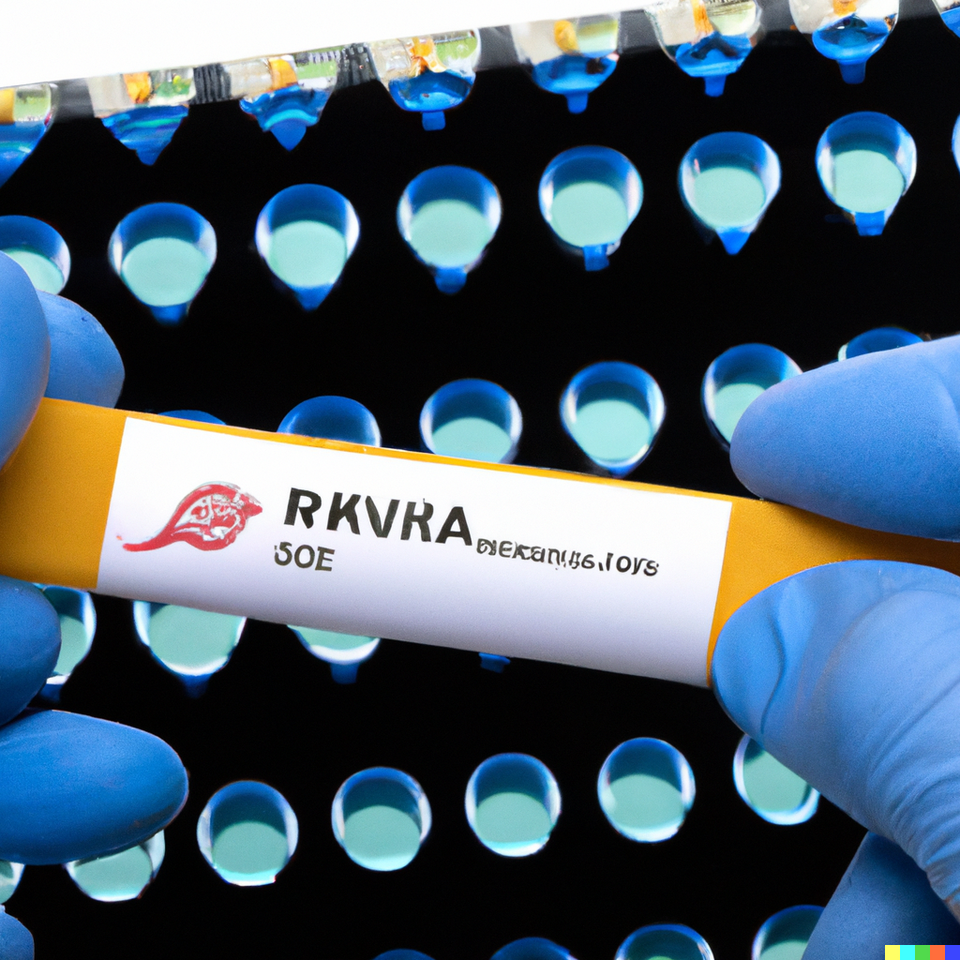
We are on the brink of something remarkable. The virus that I have been working on for 21 years (and that others have been studying for considerably longer) is about to have not one, but three vaccines. The virus is Respiratory Syncytial Virus (RSV), which is a cause of severe disease at both ends of life – putting both babies and the elderly into hospital. However, as we saw with COVID, getting a vaccine for a respiratory virus is not the end of the journey, merely the end of the beginning.
One of the major challenges with viruses is their tendency to mutate to escape the protective immune response from vaccines. This may be particularly problematic for another of the approaches being rolled out to prevent RSV – an antibody called Nirsevimab. Antibodies are proteins made by the immune system, they are able to bind other proteins with incredible specificity. In the case of viruses, the antibodies bind the surface proteins that viruses use to enter human cells. Nirsevimab targets an RSV protein called F (for Fusion) and has proved highly effective at reducing infection and severe disease.
The worry is that because Nirsevimab and the vaccines all target this RSV F protein, the virus might mutate to escape from being seen by the immune system. It is therefore important to keep a close eye on the virus to see if it is changing. This is where our latest paper Robust and sensitive amplicon-based whole-genome sequencing assay of respiratory syncytial virus subtype A and B comes in. Working with UKHSA (UK Health Security Agency), the government agency tasked with protecting the nation’s health, a new and improved method of sequencing RSV was developed. This is faster, cheaper and more reliable than the old method. The team sequenced over 1,000 different RSV isolates covering a 4 year period 2019-23. Importantly the approach is now in place ready for the rollout of the vaccines and antibodies, giving health authorities a fighting chance of keeping on top of this important cause of childhood disease.
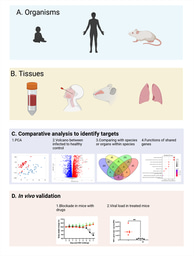
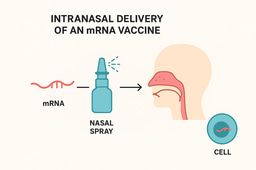

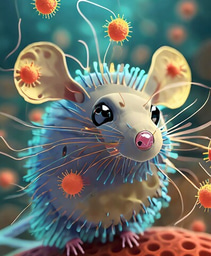
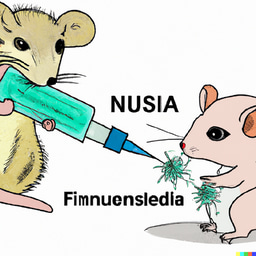
Please sign in or register for FREE
If you are a registered user on Research Communities by Springer Nature, please sign in